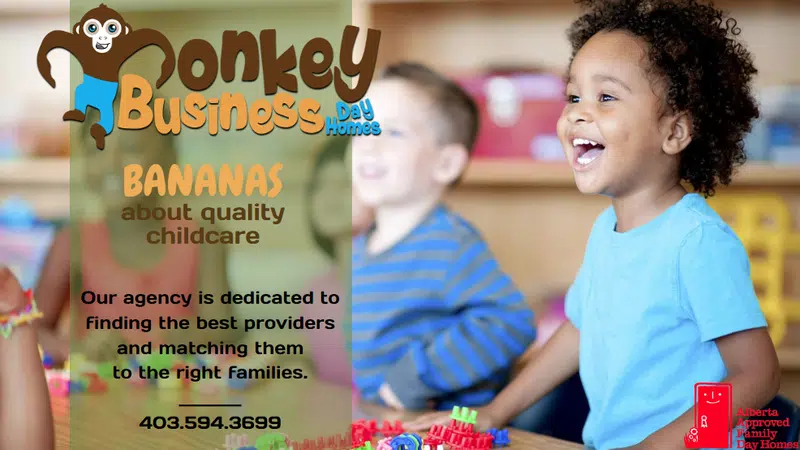
Child Development at Home
When looking at a child’s development in the Early Childhood Education field, professionals often break down a child’s development into what we refer to as developmental domains. There are between 5-7 domains, depending on how they may be grouped together. As a parent, you may be interested in how you can stimulate growth in these developmental domains at home. Remember that child development can begin even before your child is born, it is never too early to begin interacting with your child.
Social Development: Social development refers to the way your child builds and maintains relationships with those around them. Learning to take turns, resolve conflicts independently, engage in play with others, compromise and cooperate are all skills that fall under this domain. A child’s level of social development will directly affect their overall health and well being throughout their lives.
Activities you can do at home:
-Mimic your baby. When your baby smiles at you, smile back. When they start cooing, copy their sounds back at them. These interactions are the foundation of both social competencies as well as language development.
